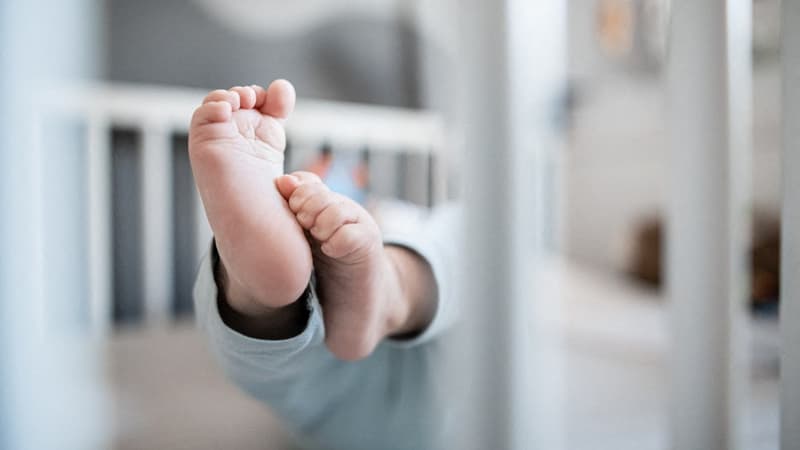South Korea first recognized this Thursday, October 2, his responsibility in tens of thousands of abusive adoptions of South Korean children, a few months after an independent investigation that establishes fraud.
“The State has not completely assumed its responsibilities. On behalf of the Republic of Korea, I send my sincere apologies and my words of comfort to the people adopted abroad, their families and their biological families who have suffered suffering,” said South Korean President Lee Jae-Myung in a press release.
These apologies follow “the recent judicial decisions and investigations carried out by the Truth and Reconciliation Commission that reveal that, in some cases, serious violations of human rights were committed during adoption procedures abroad,” he added.
More than 140,000 children sent abroad
South Korea, the fourth economy of Asia and global cultural power, sent more than 140,000 children abroad for adoption purposes between 1955 and 1999, according to official data. However, for years, South Koreans adopted by foreign parents have defended their right to know, but their search for information is notoriously difficult in South Korea.
Many of them say that their biological mother was forced to leave them as a child and that their archives had been manipulated to make them legally adopted. The State ended up establishing an independent body to investigate.
This Truth and Reconciliation Commission of South Korea reached a historical conclusion in March by recognizing the South Korean government guilty of facilitating adoptions for fraudulent practices, in particular “fraudulent recordings of orphans, identity falsifications and not adequate control of adoptive parents.”
His report, published after two years and seven months of investigation, also reports “many cases in which the procedures for legal consent” of the biological parents of South Korea “have not been respected.”
An adoption industry fed by fraudulent practices
The report emphasizes that only by 1984, 99% of international adoption requests were granted the same day or the next day. He also criticizes the authorities for not having supervised adoption costs to prevent international adoption from becoming an industry motivated by profits.
International adoption had begun after the Korean War (1950-1953), initially to keep the children of Methis born of the Korean mother and the American soldier in a country that advocates ethnic homogeneity.
International adoption then experienced an boom in the 1970-1980, which brought millions of dollars to local adoption agencies, while the country came out of postwar poverty and followed the rapid economic development. More than one hundred children per year on average have been adopted abroad in the 2020s, said the president of South Korea. These recent adoptions have not been the subject of official research.
“A serious injustice”
The main adoption group is now on the side of single women. In a deeply conservative and patriarchal South Korean society, many single young mothers are forced to leave their baby at birth.
In mid -July, South Korea undertakes to restructure its public adoption system and turn its back on private adoption agencies, not very controlled by the State.
“The State is now assuming all the responsibility to guarantee the safety and rights of all adopted children,” said a head of the Ministry of Health, Kim Sang-Hee.
In 1998, former President Kim Dae-Jung had already apologized during a meeting with people adopted abroad, declaring: “From the bottom of my heart, I’m sincerely sorry. I am deeply convinced that we have committed a serious injustice towards you.” But he had not recognized the responsibility of the State during these decades of abusive practices.
Source: BFM TV


